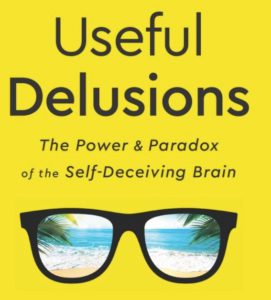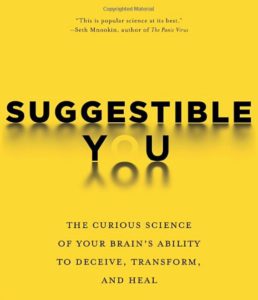What are they thinking? How can the government approve a drug unlikely to improve the lives of any dementia patients?
I am not a doctor, but I have been around dementia patients my whole professional career as a nursing home and hospice chaplain. I also have been a co-caregiver for both my parents who died suffering from memory loss: Dad from Parkinson’s and strokes and Mom from Alzheimer’s.
I read about this new Alzheimer’s drug, Aduhelm, in newspapers and medical journals and was saddened by the recent approval of the drug. It was approved by the FDA even though there is no evidence it helps patients. An outside panel of experts voted against approval. Three of that panel’s members have now quit in protest.
What was the reason for them to recommend AGAINST approval? The patients in the clinical trial showed no improvement. Some did appear to have reduced amounts of amyloid clumps in the brain which are often found in Alzheimer’s patients. But less clumps in the brain have not been proven to lead to improved cognitive functioning.
The drug is extremely expensive for both the patient and Medicare, over $50,000 a year. Its use requires many PET scans, also extremely expensive. All this for a drug that shows no evidence of improving the life of the patient.
If you or someone you love has Alzheimer’s, don’t listen to me. Talk to your own doctor. But I suggest reading the criticisms about Aduhelm before making a decision on it.
Think of making this decision like you would with any other medical treatment. Do the benefits outweigh the burdens? In this case, there appears to be no benefit and quite significant burdens both financially and clinically.
Who can blame demented patients or their families for wanting to try something — anything — that might slow the losing of one’s mind? This drug is not one that offers such a promise.
Might the $50K be used for something that we know already helps patients or caregivers? What about respite care to give the family a break or in-home health aides? How about expanding Medicare coverage for palliative care for dementia patients?
Do these patients and families need hope? Absolutely! But not false hope. While the medical research continues, let us offer compassion and support to these patients and their families. May their burdens be eased by ways in which we already know the path.




